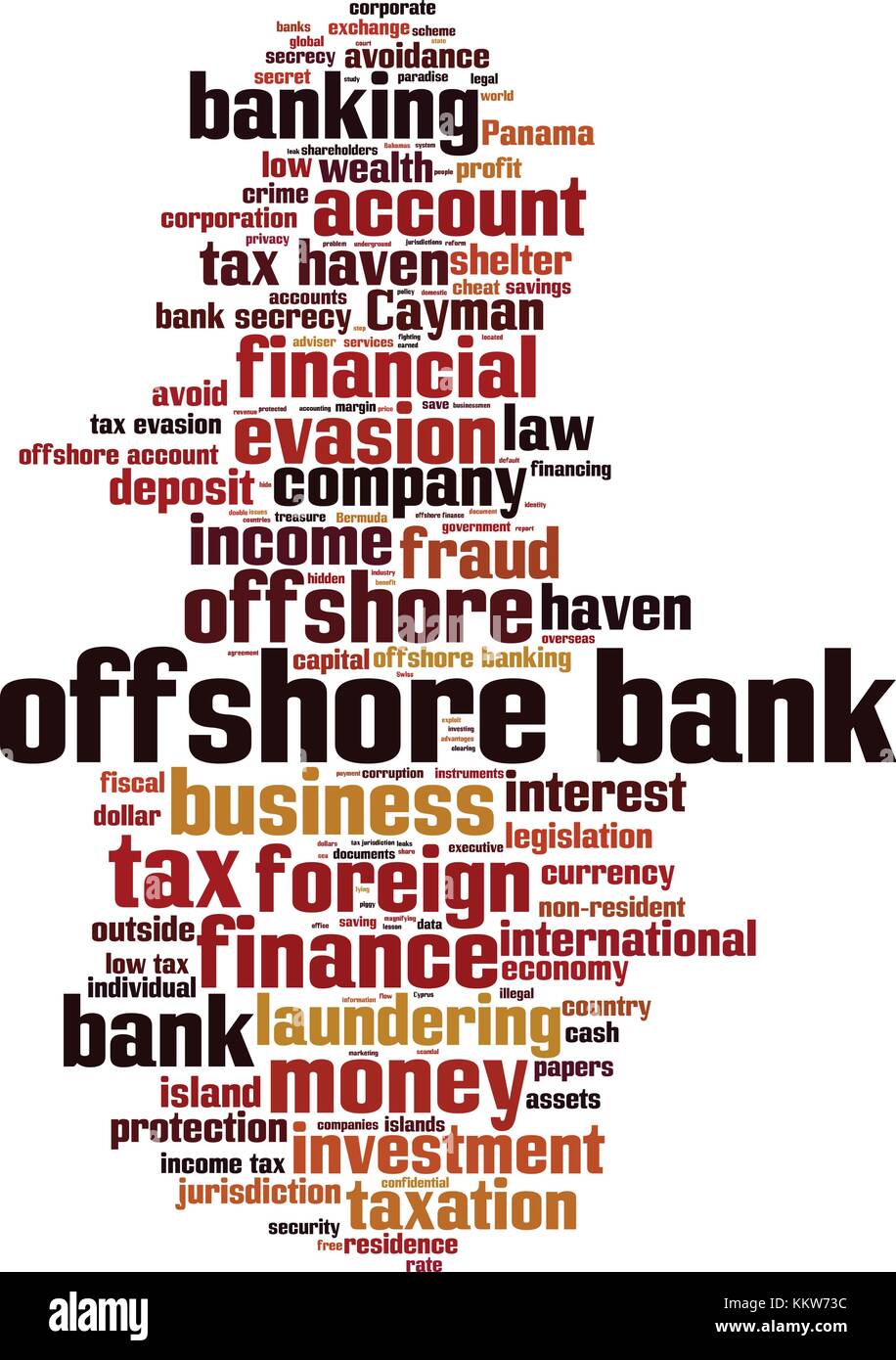Comprehending the Legal Implications of Offshore Company Formation

Lawful Framework for Offshore Firms
When developing an offshore firm, comprehending the legal framework governing its development and operation is essential for conformity and danger monitoring. Offshore firms operate under specific laws and guidelines that vary from those of onshore entities. The legal structure for offshore companies usually consists of arrangements for business enrollment, shareholder requirements, supervisor responsibilities, and tax obligation obligations.
Company enrollment entails sending the needed paperwork to the proper regulatory authorities in the picked territory. This procedure commonly requires in-depth information concerning the business's framework, shareholders, and intended tasks. In addition, offshore business need to follow certain investor requirements, such as preserving a register of investors and maintaining this info up to day.
Directors of offshore companies have fiduciary obligations to act in the very best rate of interests of the firm and its investors. They are in charge of managing the company's procedures, guaranteeing conformity with all pertinent regulations, and handling threats effectively. Additionally, comprehending the tax commitments of an offshore company is important to stay clear of any potential legal concerns. By sticking to the lawful structure controling overseas companies, businesses can operate with confidence while reducing legal threats.


Tax Effects and Rules
Recognizing the tax ramifications and regulations is vital when considering the establishment and operation of an offshore firm. Offshore firms are frequently subject to desirable tax programs, using reduced or absolutely no tax rates on foreign-earned income.
Tax regulations for overseas firms differ significantly across territories, and it is critical to look for skilled suggestions to comprehend the certain requirements and commitments. Comprehensive knowledge of tax regulations and guidelines, as well as appropriate tax obligation preparation, are essential to guarantee the certified and effective operation of an overseas business.
Conformity Needs and Coverage
Ensuring conformity with governing needs and preserving exact reporting are vital elements of managing an overseas firm efficiently and transparently. Offshore firms need to stick to the regulations and guidelines of both the jurisdiction in which they are included and any various other relevant territories where they perform service.
Along with regulative compliance, offshore business are usually subject to reporting demands to make certain openness and avoid illegal tasks such as money laundering or tax obligation evasion. Reporting commitments might include divulging details concerning the business's possession framework, financial activities, and recipients. This info may require to be shared with this article governing bodies, tax authorities, or various other governmental firms, depending upon the territory.
Maintaining precise and comprehensive documents is crucial for demonstrating conformity and reacting to any questions or audits successfully. Offshore business need to carry out durable coverage mechanisms and interior controls to make sure that they meet all legal needs and run with stability.
Property Protection and Personal Privacy Laws
In the realm of offshore firm development, a vital consideration is the interplay between property security approaches and privacy legislations. Offshore jurisdictions often supply improved possession defense devices that secure assets from prospective threats such as claims, financial institutions, or political instability in the home nation. By structuring properties within an offshore firm, people can protect their wealth and diversify their holdings across different legal structures. Moreover, privacy legislations in overseas territories add to preserving discretion and privacy for company owners. These laws his response restrict the disclosure of delicate information, making it testing for external events to access information concerning the firm's procedures or ownership structure. This level of personal privacy can be advantageous for individuals seeking to shield their possessions from public analysis or competitors. It is vital for people to browse these legislations ethically and transparently, making sure compliance with both offshore regulations and the legal requirements of their home country. Inevitably, comprehending the complex connection in between asset defense strategies and privacy regulations is extremely important when taking into consideration overseas business formation.
Risks and Difficulties to Take into consideration
When venturing into offshore business formation, sensible factor to consider of prospective risks and obstacles is crucial for informed decision-making and tactical planning. Furthermore, political instability or modifications in offshore territories can posture a risk to the connection of procedures and the defense of properties held by the offshore company.
Challenges may likewise arise concerning the intricacy of offshore company frameworks and the need for skilled legal and economic recommendations to browse the elaborate regulative frameworks of various jurisdictions (offshore company formation). Preserving compliance with differing worldwide legislations and guidelines, in addition to possible language obstacles and social distinctions, can even more complicate the overseas firm development procedure. It is crucial to be familiar with these risks and obstacles prior to waging overseas business development to reduce prospective pitfalls and ensure a lawfully audio and smooth establishment
Conclusion
In final thought, offshore company formation involves navigating intricate lawful frameworks, tax effects, compliance requirements, and privacy regulations. Comprehending these elements is vital for minimizing dangers and obstacles connected with offshore organization procedures. It is necessary for people and services thinking about click for more overseas company formation to look for expert support to ensure compliance with guidelines and to shield their possessions effectively.
The legal structure for overseas business generally includes arrangements for company enrollment, shareholder demands, director duties, and tax obligation commitments.
Directors of offshore business have fiduciary responsibilities to act in the finest passions of the business and its shareholders. By sticking to the legal structure controling offshore companies, businesses can operate with confidence while reducing lawful threats.
In addition, political instability or adjustments in offshore territories can posture a threat to the continuity of procedures and the protection of assets held by the offshore business. - offshore company formation
In conclusion, offshore company development includes browsing complex legal structures, tax obligation effects, conformity demands, and personal privacy laws.
Comments on “Offshore Company Formation: Taking Full Advantage Of Development Potential”